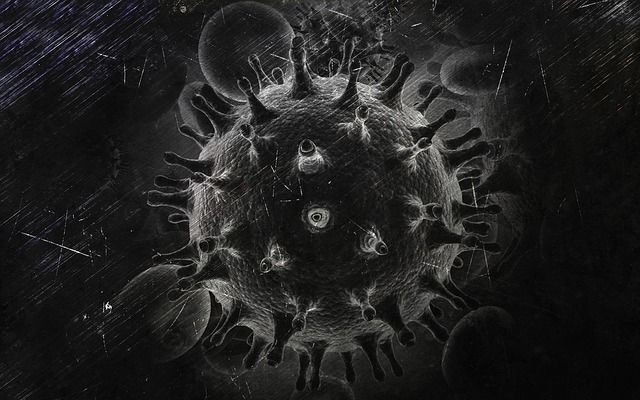HIV Cure Research 2017: Successful Antibody Trial Brings Us Closer To Destroying Virus, And Creating Vaccine

Although we can limit the spread of HIV through the use of PreP medications, and protect the health of those already infected through antiretrovirals, the ability to cure HIV infection evades us. A new study has shown that an antibody called 10-1074 is effective at neutralizing the virus, and is also safe for human use. The successful trial means we're one step closer in the long journey toward a cure.
The study, now published online in the journal Nature Medicine, details trials of the new HIV-neutralizing antibody in HIV-positive patients. According to the results, the antibody also led to high antiviral activity in these patients.
Read: Functional HIV Cure Step Closer To Reality With FDA Approval Of Clinical Human Trials
"These antibodies are highly potent and are able to effectively neutralize a large number of different HIV strains. Therefore, they play an important role in the quest for and development of an HIV vaccine," explained Dr. Florian Klein, one of the researchers involved in the study, in a recent statement.
HIV is a virus, and like all viruses, our immune system creates antibodies to fight it. These antibodies recognize a virus or bacteria as a foreign body, and call on the immune system to destroy it. Unfortunately, in the case of HIV, the virus is able to evade our immune system by hiding out, reproducing, and eventually, if left untreated, completely destroying our immune system. Recent research into a cure and vaccine against HIV have focused on the use of specific antibodies that can better detect HIV.
Theoretically, these antibodies will lure HIV out of hiding in the human body, allowing the immune system to completely destroy it. The eventual hope is that a combination of several HIV-specific antibodies will help to completely destroy the virus and that this same treatment could double as an HIV vaccine.
However, as expected, this is far easier said than done, but each small achievement brings us closer to this eventual goal. For example, last June, scientists were able to delay the “viral rebound” of an HIV-positive individual who stopped their antiretroviral regimen with another lab-engineered antibody named 3BNC117. The antibody kept the patient's viral load low for three times longer than the immune system could on its own, although eventually their viral levels did reach expected levels. In addition, injecting monkeys with antibodies from HIV-resistant monkeys helped to temporarily protect the monkeys from a simian version of the AIDS virus.
Further trials for the 10-1074 antibody study have been scheduled for this spring.
Source: Caskey M, Schoofs T, Gruell H, et al. Antibody 10-1074 suppresses viremia in HIV-1-infected individuals. Nature Medicine . 2017
See Also:
HIV Cure 2016: Treatment Successes And Near Misses Of HIV Positive Patients
Injecting Antibodies From HIV-Resistant Monkeys Temporarily Protects From Virus



























